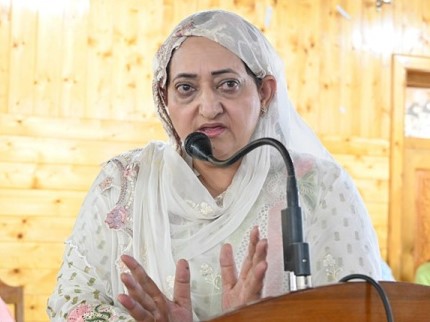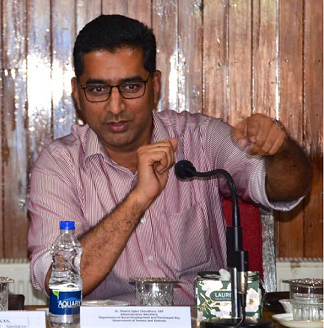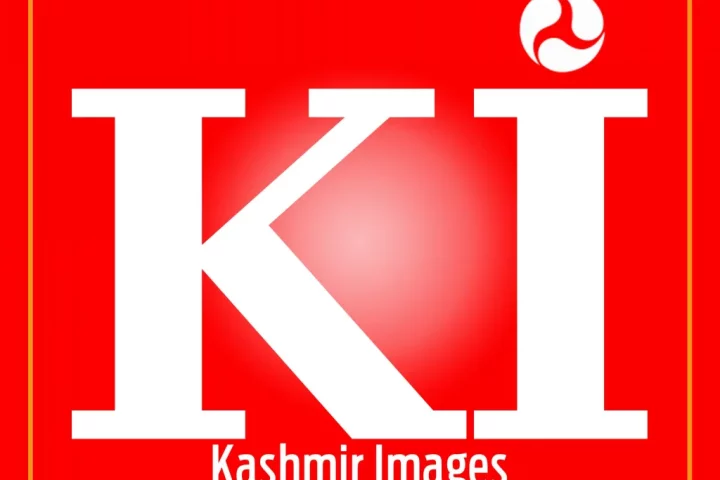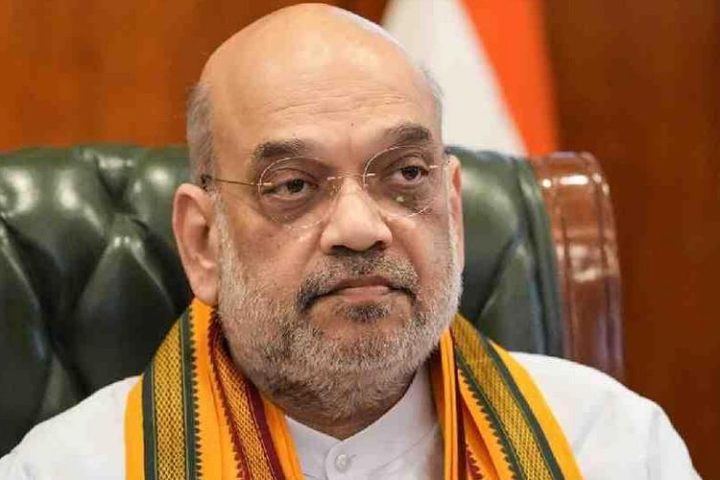SRINAGAR: In an effort to achieve 100 per cent saturation of rural areas in tap water connectivity in J&K, 14.03 lakh (75%) out of 18.69 lakh rural households have so far been covered under Tap Water Connections by the J&K Jal Jeevan Mission (JJM).
The Mission has been working overnight to achieve the targets. So far out of 6596 work components, more than 5600 components (85%) like Tube wells, Bore Wells, Rapid Sand Filtration Plants, Over-Head Tanks, Ground Service Reservoirs and pipe networks have started with the completion of 1376 works as on date.
Similarly, more than 3000 schemes are under execution across all the districts of the UT with the involvement of about 1700 contractors executing the works which has resulted in massive employment generation in rural areas. At least 350 Water Supply Schemes have been completed as of date.
Under Water Quality Monitoring & Surveillance, during the current fiscal, about 1.75 lakh tests have been conducted through 98 Water Testing laboratories set up all across the UT to ensure the constant maintenance of the quality of the water being supplied to the general public.
Further, about 7500 Field Testing Kits (FTKs) have been distributed among 6630 Panchayat Pani Samitis and more than 33000 Women have been trained for the use of FTKs in checking the quality of water and reporting the results online through the WQMIS Portal.
The Mission has conducted massive public outreach and awareness campaigns across J&K during this year which include capacity building sessions, debates, painting competitions at schools, holding of special Gram Sabhas, distribution of field kits etc.
JJM, it may be mentioned, is a flagship programme of national importance aimed at providing each and every rural household with a Functional Household Tap Connection (FHTC) within the premises, capable of supplying water at a minimum service level of 55 litres per capita per day and quality conforming to BIS 10500.
At an estimated cost of Rs 13000 crores, the programme involves the creation of a sustainable water infrastructure, and building the capacities of the local communities and involving them in the management of the water supply assets on a long-term and sustainable basis.














